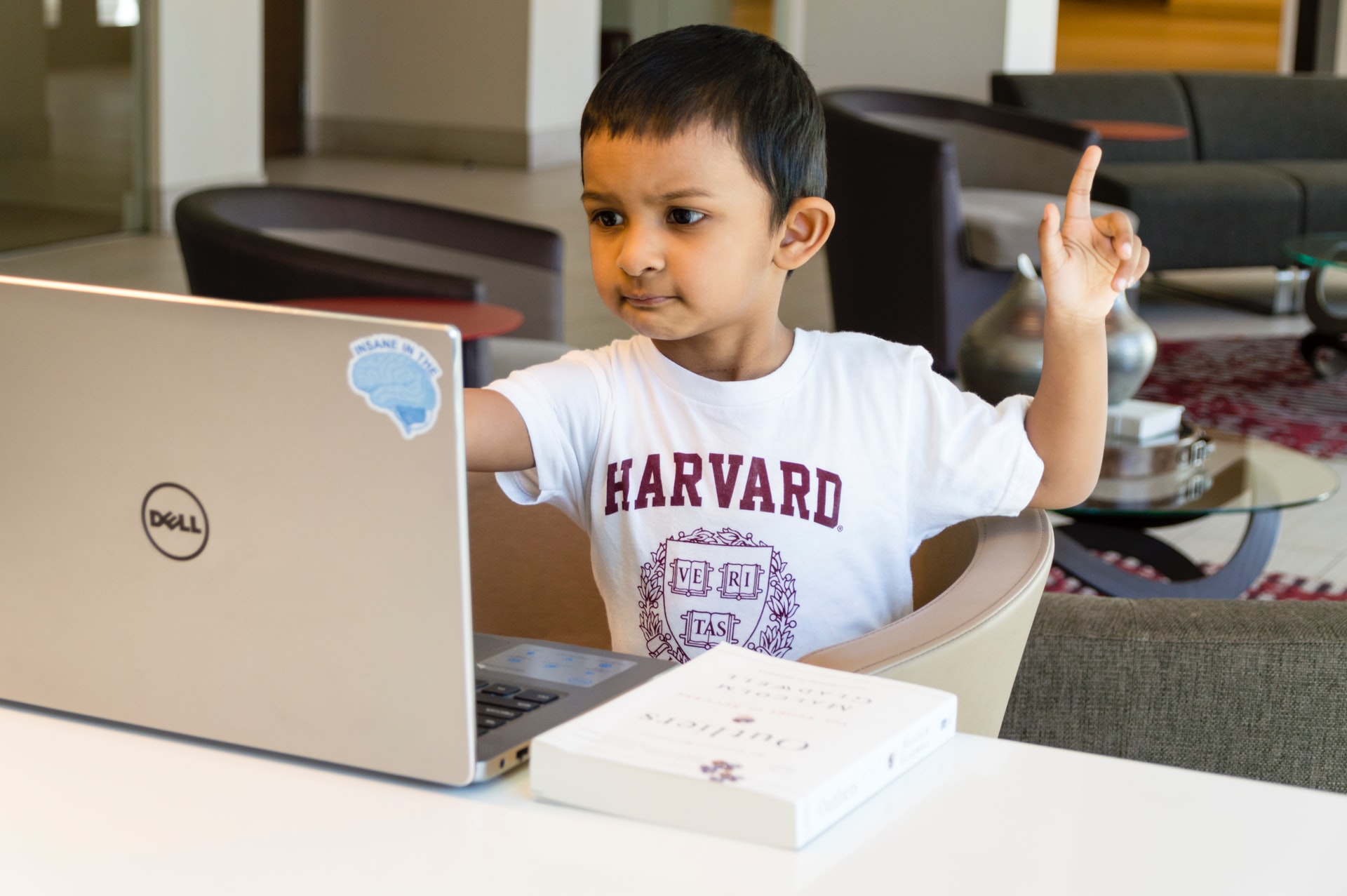Child Prodigies: Everything You Need to Know

If you’re reading this as a student, parent, or educator, you’ve heard the term “child prodigy” at least once throughout your life. Although it may appear to be quite sophisticated, the definition is rather basic, since it is for recognized children (under the age of 18) who are extraordinarily gifted or talented in a certain area.
A child prodigy can be influenced by a variety of variables, including social, environmental, and genetic factors. There are also a few techniques for determining these characteristics. Let’s get this party started!
Identifying a Child Prodigy
One of the most debated topics in recent decades has been “general intelligence.” Numerous studies have found that kid prodigies typically have a high g factor.
However, researchers discovered that someone who performs well on these examinations does not have to be a child prodigy. So, how do you tell the difference? According to contemporary views, kid prodigies excel not just in intelligence but also motivation.
Furthermore, in recent years, several specialists have begun to link a child prodigy to autism and savant conditions. While these two are unrelated, it is fairly amazing that while Savants generally score low in “general intelligence,” they are extremely profound in some areas. Researchers have identified genetics and perceptive qualities that those children are born with as another significant driver.
One of the most stunning studies involving young prodigies has to be the one using PET scans. It has shown that when it comes to problem-solving, these children use their left hemisphere, as well as the parahippocampal and right hemispheres. This indicates that, unlike most other students/adults, they are engaging in long-term memory storage and, as a result, are more efficient in solving complicated problems.
Witnessing a Child Prodigy
One of the greatest methods to identify a kid prodigy is to pay attention to if your child, student, or friend is particularly engaged in a certain field. In most situations, kid prodigies will dedicate a significant amount of time to one talent while achieving mediocrely in other others. They also demonstrate exceptional competence in absorbing knowledge and mastering new abilities in that field with minimal effort.
As previously said, young prodigies are likely to have various learning methodologies and devote a significant amount of alone time to acquiring that particular talent since they primarily employ long-term memory storage.
Helping a Child Prodigy
Child prodigies, like everyone else, require proper guidance and assistance. As a result, it is your responsibility as a parent or instructor to research this topic and assist them in developing their extraordinary skills.
Finally, consider the following:
Many renowned child prodigies, such as Pablo Picasso, Marie Curie, Enrico Fermi, and Bobby Fischer, have made substantial contributions to their fields throughout history. With this in mind, you must seek for symptoms of a child prodigy (whether it is your child or someone you know) to assist them in realizing their full potential.






